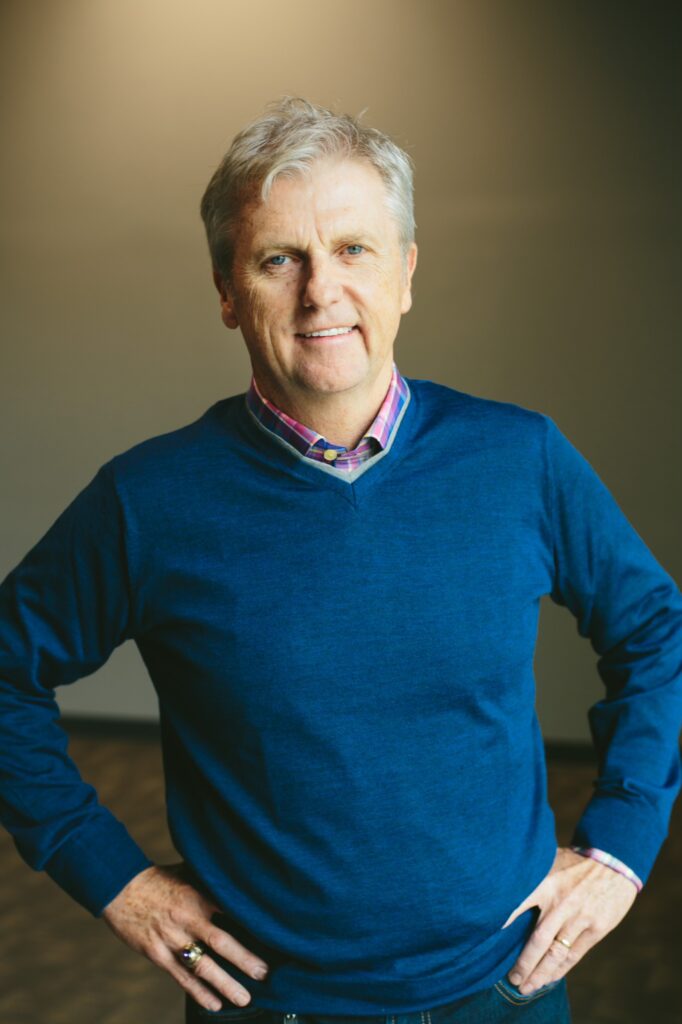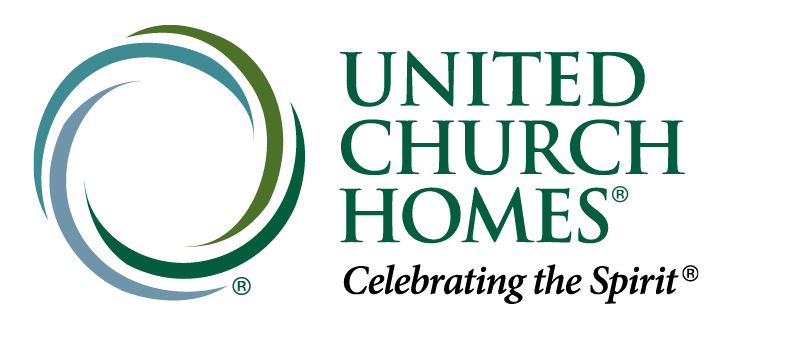Highlights from this week’s conversation include:
- Joe’s Background and journey as an executive and entrepreneur (01:04)
- Exploring the ‘Why’ of Dialogue Miles (1:59)
- Empathy vs. Sympathy (3:39)
- Journey of Self-Discovery (6:11)
- Listening and Awareness in Conversations (9:29)
- The Role of Gratitude (11:09)
- Natural Interactions Over Formality (16:24)
- Planning for Life After Work (20:24)
- Embracing Change (22:25)
- Human-Centered Design (24:08)
- The Lifestyle of Dialogue Miles (25:54)
- Connecting with Joe (27:50)
- Feeling Younger with Age (30:06)
- Final Thoughts and Takeaways (33:44)
Abundant Aging is a podcast series presented by United Church Homes. These shows offer ideas, information, and inspiration on how to improve our lives as we grow older. To learn more and to subscribe to the show, visit abundantagingpodcast.com.

